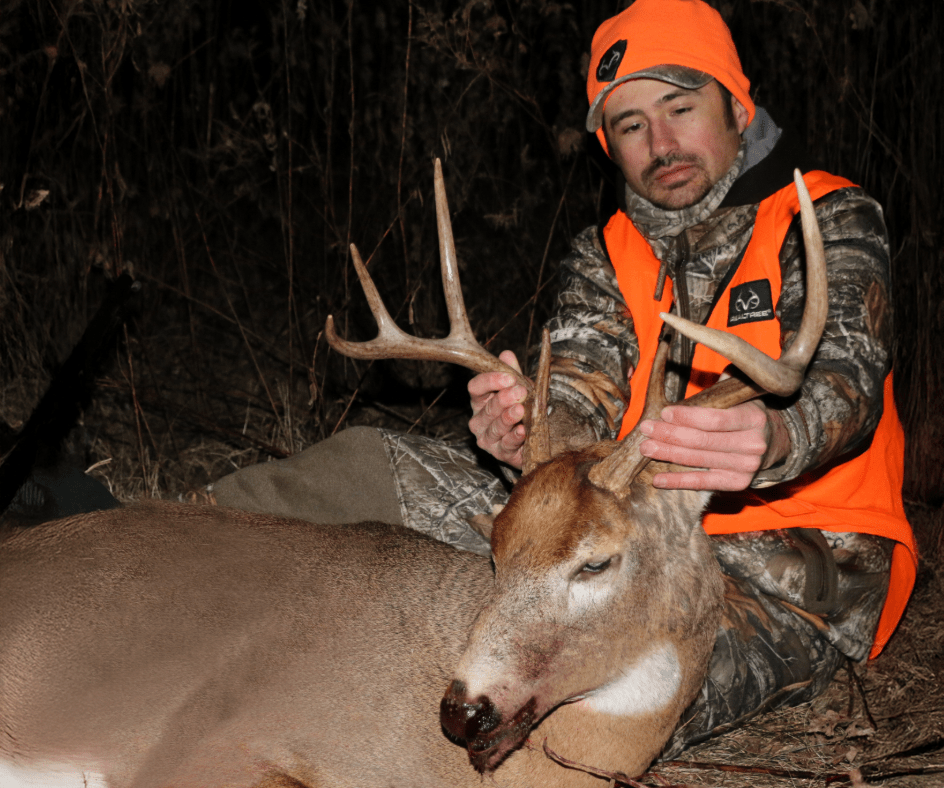12 things that good landowners offer as lessors.
Just as good lessees exhibit important traits, the same holds true in reverse. Landowners who hope to be good lessors check key boxes as well. Failing to do so results in disappointed hunters who don’t get what they deserve as lessees. Here is what makes a good landowner for their lessees.
-
Having Knowledge of Rights
Every lessor should know their rights. Knowledge of rights helps understand what you’re entitled to, what the hunter is entitled to, and how best to ensure everyone benefits from the leasing arrangement. Studying the state hunting laws, contract details, and more, comprises the foundation of a good experience.

-
Providing Fair Pricing
A good lessor provides a fair price to lessees. Landowners don’t need to worry themselves with this part of the process, though. Fortunately, Base Camp Leasing takes the guesswork out of this process. Trust that Base Camp Leasing sets a price that’s fair for landowners and hunters alike.
-
Expressing Proper Communication
Communicate effectively with your hunter. This helps keep each party informed. The landowner should tell the hunter of any work or potential disruptions going on at the property. The hunter should notify the landowner of important dates they’ll be hunting, and therefore, the timeframes certain interruptions would be especially untimely. Of course, express utmost communication for other things, too.
-
Having Respectful Interactions
All hunter-landowner interactions should be respectful. Treat hunters with kindness, and they’ll virtually always return the same. Keep all discussions and communications appropriate and civil. Even amidst difficult situations, never allow emotion to provoke you to react poorly. If necessary, take the high road.
-
Offering First Right of Refusal
A good landowner offers first right of refusal to hunters. Meaning, as the lessor, they permit the existing lessee the first shot at re-leasing the property each subsequent year. Because they’ve spent time hunting, and perhaps improving, the area, they should get the first chance to re-lease. If they choose not to, then it opens up to other hunters. Of course, this is the format that Base Camp Leasing implements, and it’s outlined within the contract details.
-
Providing Long-Term Property Access
Few hunters want to lease for one year only. Most want long-term access. That said, while lease agreements are for one year only, going into this with the mindset of leasing for years to come is best. That way, it gives hunters the ability to lease the property for consecutive years, learn it well, and experience more success.
-
Following the Lease Agreement and Agreed-Upon Stipulations
Many contracts include the same guidelines. For example, leasing to a hunter means neither you nor others not named on the lease agreement will hunt the property. That said, in some instances, additional clauses and stipulations are included.
-
Being Open to Hunting and Land Management Practices
Landowners should be open to hunting and land management practices. If it doesn’t interrupt agricultural practices, damage the landscape, or interfere with your use of the property, consider allowing hunting and land management practices. This improves the hunter’s experience, increases likelihood of re-leasing, and can even increase property value.
-
Respecting the Hunter’s Wishes
Lessees have rights, too. So long as their requirements fit within the framework of hunting regulations, ethical standards, and lease agreement details, it’s important to respect the wishes of hunters. This improves the overall relationship between landowner and hunter.

-
Avoiding Hunter Interruptions
Know when hunters are or likely will be on the property. Familiarize yourself with key hunting season dates. Communicate with the hunter to see when they’re on site. Then, do your best to avoid interfering with their hunts. No hunter wants disruptions or interruptions when in the field.
-
Completing Proactive Property Maintenance
Does the property have a bridge that accesses across a creek? If so, maintain it. Is there a stream crossing that occasionally washes out? If so, keep it accessible. Do trees sometimes fall across roads and trails? Keep these cut out and off the path. These and more are examples of proactive property maintenance. These are important for hunters to maintain necessary navigation of the property.
-
Keeping an Eye on the Property
Lastly, keep an eye on the property. Don’t let others access it for hunting. Keep at bay those things that might perturb hunters. Minimizing potential issues to help hunters experience the best possible hunting on your farm.
If you can follow the above checkpoints, consider yourself the ideal lessor for a lucky hunter. Create an account with Base Camp Leasing (https://huntingleases.basecampleasing.com), talk to a specialist, and enjoy leasing your land to a lessee through Base Camp Leasing.

Leave A Comment